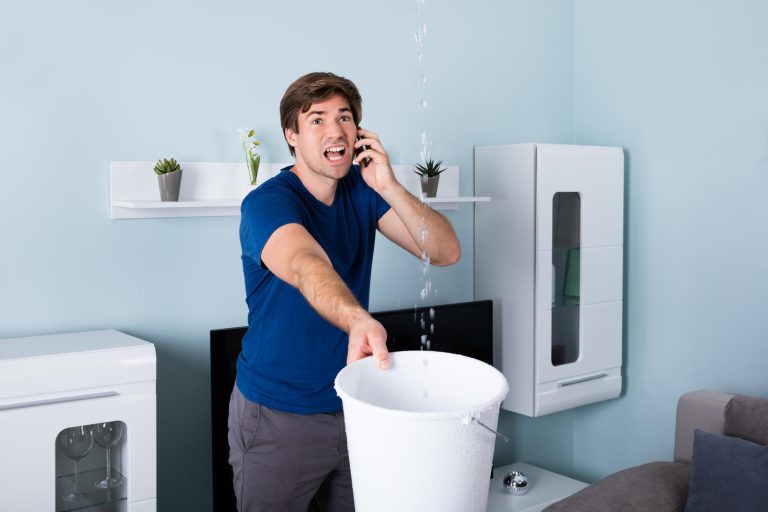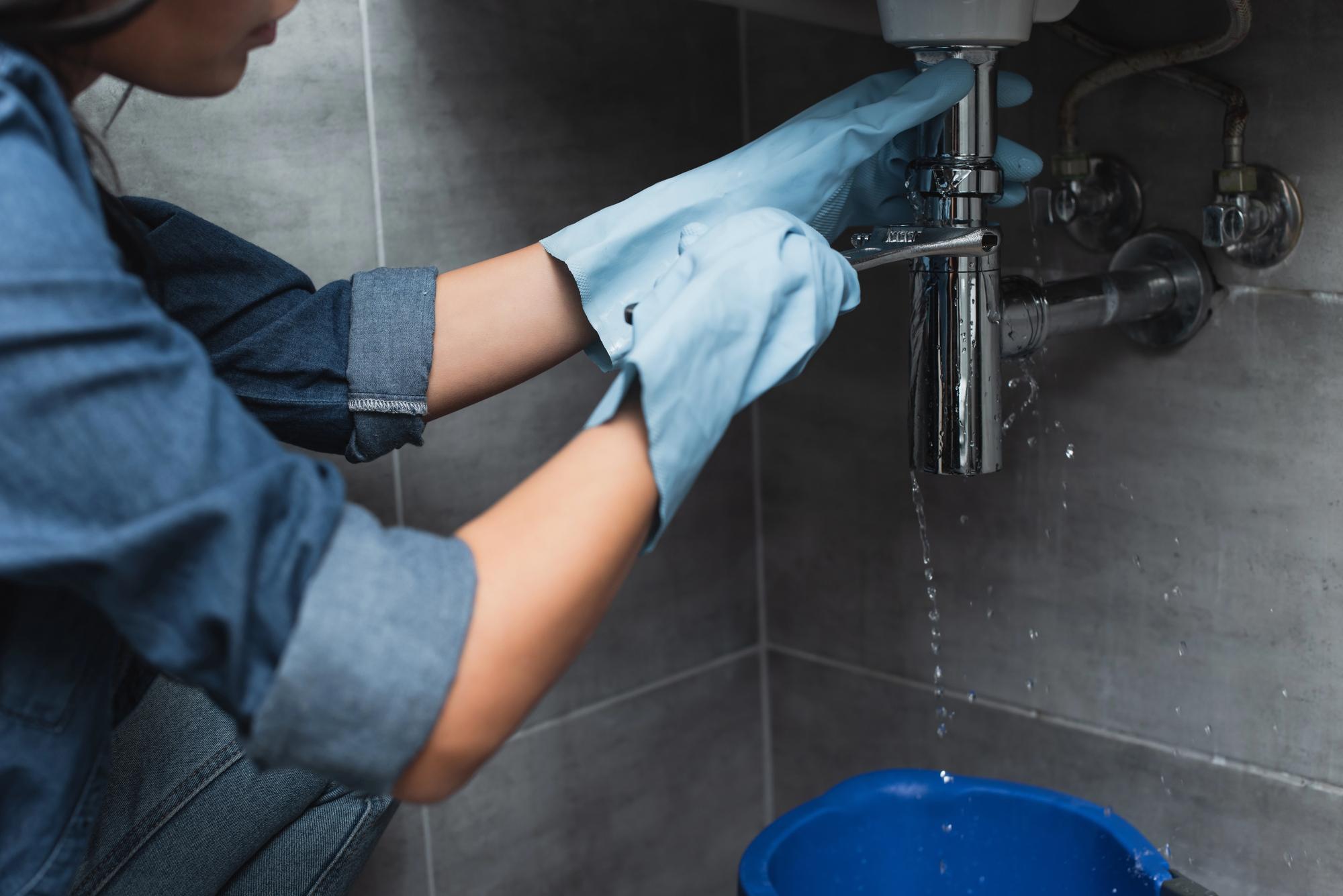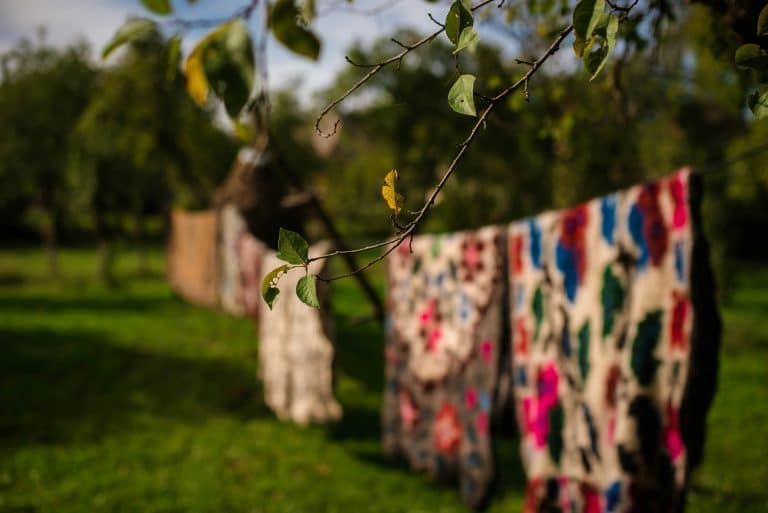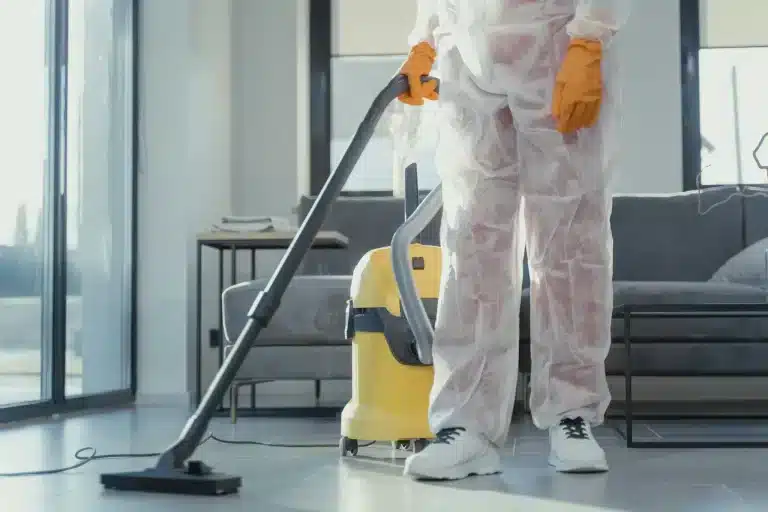Water conservation plays a crucial role in maintaining both our environment and our finances. In today’s world, where resources are becoming scarcer, the significance of preserving water cannot be overstated. Beyond its environmental importance, reducing water usage can lead to substantial financial benefits for households and businesses alike. Among the various ways through which water conservation can be achieved, addressing leaks stands out as a simple yet powerful step. Often, leaks are a common but unnoticed issue in households that can lead to unnecessary costs over time.
When leaks are left unaddressed, they not only increase water bills but can also contribute to more extensive problems down the road. Even a seemingly minor drip from a faucet or a small leak in a toilet tank can add up over time, resulting in higher utility bills and wasted resources. Proactively addressing these leaks can result in significant savings and contribute to more sustainable water use. This article provides an in-depth discussion on the impact of water leaks, the benefits of timely repairs, and the steps necessary to manage such issues effectively.
The High Costs of Ignoring Water Leaks
Water leaks in households come in various forms and sizes, each contributing to increased utility bills if not promptly addressed. Common types of household leaks include dripping taps, leaking toilets, and faulty showerheads. These leaks may appear minor at first but can cause a significant rise in water bills over an extended period.
A dripping tap, for instance, can waste over 10 litres of water daily, equivalent to thousands of litres annually. Similarly, a running toilet can waste around 750 litres of water each day, leading to a substantial increase in water usage and costs. When accumulated, these minor drips and leaks result in significant water wastage that directly impacts your wallet.
Beyond utility bills, prolonged water leaks can cause considerable damage to a home’s structure. Water seeping into walls, floors, and foundations can lead to mould growth and other structural issues, which are not only costly to repair but can also pose health risks to the occupants. Mould, once established, can spread swiftly, affecting the air quality inside the home. The costs associated with rectifying such damage far exceed the expenses of addressing leaks promptly.
The Environmental Impact of Water Leaks
The environmental implications of water leaks stretch far beyond individual water bills, straining local water supplies and ecosystems. Water is a finite resource, and wastage through unchecked leaks contributes to the depletion of this essential resource, affecting the availability of clean water for future generations.
By reducing water waste through prompt leak repairs, individuals can support broader sustainability initiatives. Every drop of water saved lessens the demand on local water treatment and distribution infrastructures, thereby conserving energy and reducing greenhouse gas emissions associated with these processes.
Every small change in individual conservation habits, such as fixing a leak immediately, collectively contributes to significant environmental benefits. Households that prioritise reducing water waste play an integral role in ensuring the long-term availability of water resources, promoting the health of local ecosystems, and reducing their carbon footprint. The cumulative effect of these efforts fosters a culture of conservation, ultimately supporting broader environmental sustainability.
Detecting Leaks in Your Home: A Quick Guide
Identifying leaks early is key to mitigating their impact. There are several straightforward strategies to detect common household leaks, which can prevent a minor issue from escalating into a costly problem. One effective method is regularly monitoring your water meter. By comparing the readings before and after a two-hour period where no water is used, any discrepancy can indicate a leak.
Inspecting plumbing fixtures such as taps, toilets, and showerheads is also essential. Check for any signs of moisture or drips, especially around the base and connections of these fixtures. Sometimes leaks aren’t visible, but listening for unusual sounds of running water when all water sources are turned off can be a clue.
Homeowners can also leverage modern leak detection tools and technologies. These tools, such as smart water leak detectors, can continuously monitor plumbing systems and send alerts to homeowners when abnormalities or potential leaks are detected. These devices are an excellent investment for proactive leak management and can provide peace of mind.
Preventative maintenance is another crucial aspect of leak detection. Regularly checking pipes and other water systems for signs of wear and tear can prevent leaks from developing. Additionally, analysing water usage trends over time through your water bill can help pinpoint any sudden increases in usage, further indicating hidden leaks.
Benefits of Immediate Leak Repairs
Repairing leaks immediately offers tangible benefits, especially in reduced water bills. Fixing a leaky tap or running toilet can lead to instant savings, with the cost of repairs often recouped through reduced utility expenses in a short period. By taking swift action, you can reduce your water bill by addressing leaks before they escalate into costly issues. Even minor drips can add up over time, so proactive maintenance is key to keeping expenses low.
Beyond financial savings, maintaining a leak-free plumbing system helps preserve property value. Water damage from leaks can decrease the value of a property and result in extensive and costly repairs if left unchecked. By addressing leaks promptly and maintaining plumbing infrastructure, homeowners safeguard their investments against water-related deterioration.
Consistent maintenance can also extend the lifespan and efficiency of plumbing systems. Systems free from leaks operate more efficiently, ensuring that water is delivered without loss and that water pressure remains optimal. This not only helps conserve water but also ensures that systems rely less on energy-intensive treatments, further aiding in conservation efforts.
In addition to personal benefits, some utility companies offer programmes that encourage water conservation, providing incentives for households that prioritise repair and maintenance. Such incentives might include rebates or discounts on water-saving devices, providing further motivation for individuals to keep their plumbing systems leak-free.
Choosing Professional Leak Repair Services
Addressing leaks may sometimes require professional help. Identifying a skilled and reliable plumbing professional is crucial to ensuring repairs are done effectively and efficiently. Look for qualified individuals or companies with verified credentials and proven track records in plumbing services.
While some repairs might seem simple enough for do-it-yourself solutions, professional inspections provide several benefits over DIY leak detection. Professionals have the expertise to identify issues that might be overlooked and can ensure repairs are completed to a high standard. In addition, hiring a professional can help avoid mistakes that could lead to more severe problems later.
When considering service costs, it’s essential to weigh potential long-term savings against the immediate expense. While professional services may seem costly initially, the prevention of future damages and the assurance of a reliable repair make it a worthwhile investment. Some service providers also offer warranties on their work, providing homeowners with additional peace of mind.
When evaluating service providers, it’s beneficial to check reviews and customer testimonials. These reviews can give insights into the level of customer satisfaction and reliability of the professionals. Additionally, verifying the credentials and certifications of plumbing professionals ensures that you’re dealing with qualified individuals capable of handling any repair needs.
Conclusion
Addressing water leaks promptly presents financial and environmental advantages vital to any household. Not only can reducing water wastage cut down on water bills, but it also contributes significantly to sustainability efforts, helping preserve vital resources for future generations.
Proactive leak management supports household savings and long-term conservation goals. By encouraging regular inspections and immediate repairs, individuals and communities can play a part in maintaining water availability and reducing environmental strain.
Enthusiasm for water conservation isn’t just about fixing leaks; it involves raising awareness and encouraging others within households and communities to embrace sustainable practices. By acting now and addressing leaks as soon as they are detected, the dual benefits of financial savings and environmental preservation can be achieved.










